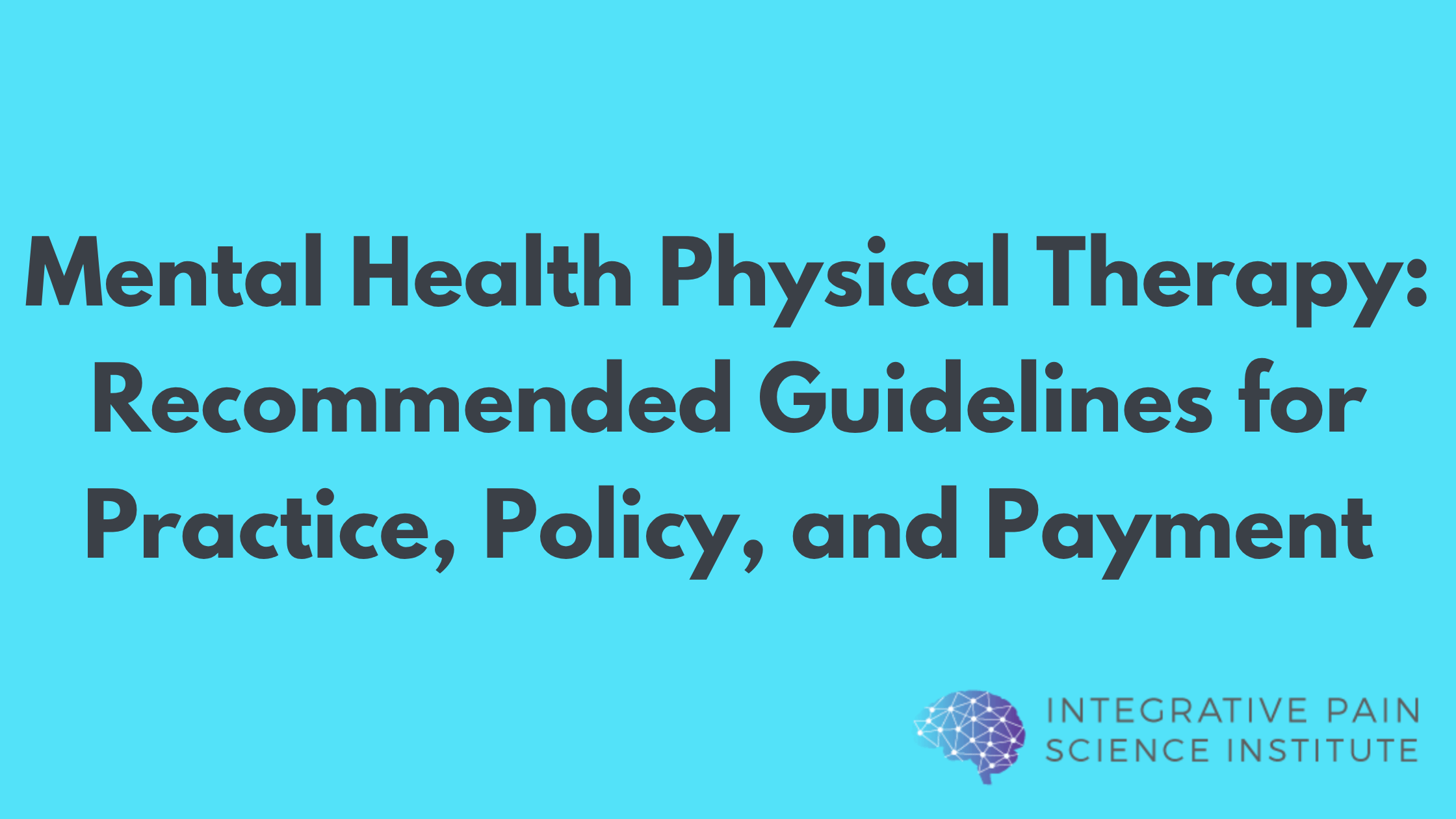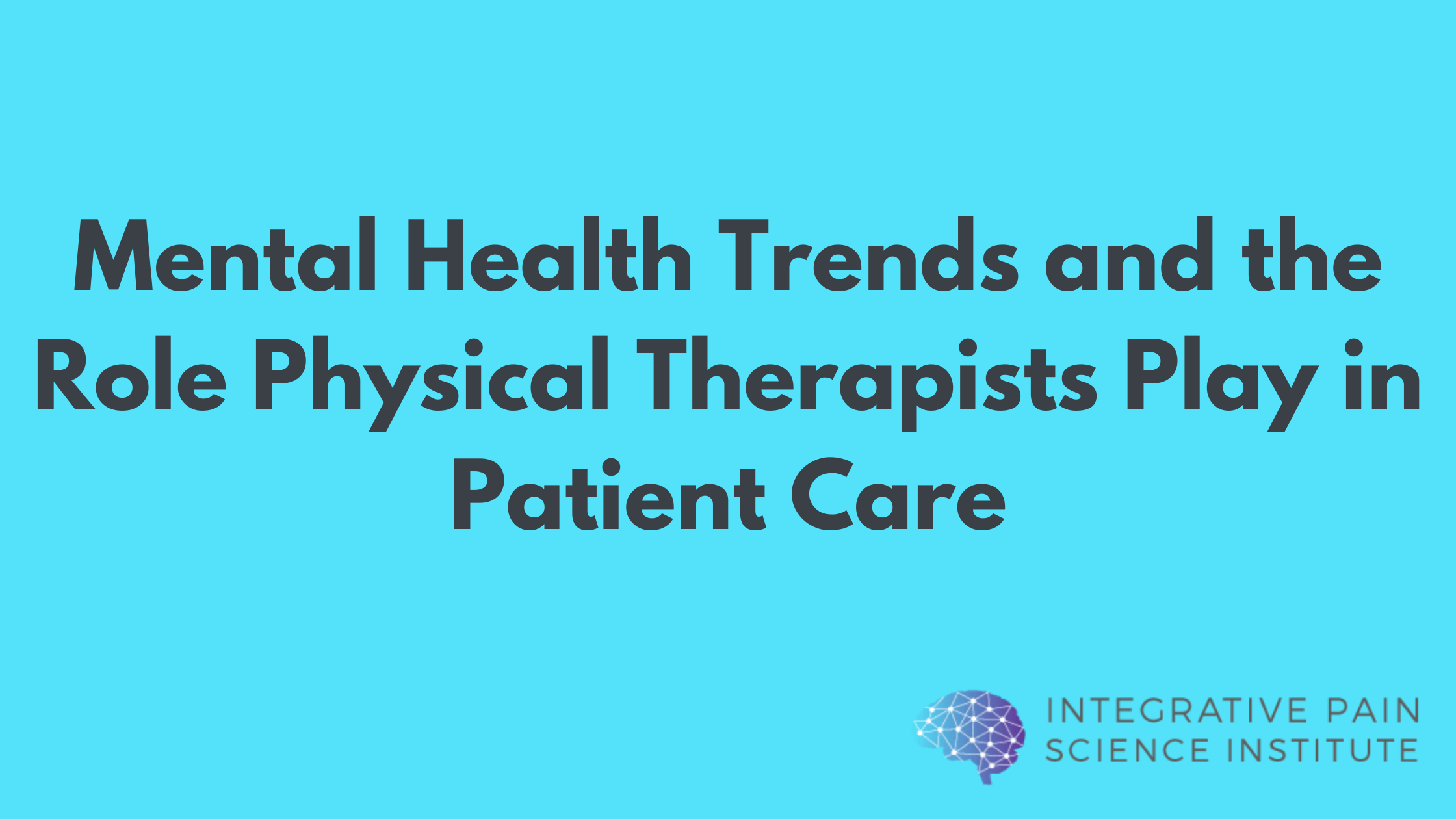Would eliminating gluten be the first thing you do to eliminate chronic pain? My patients tell me all the time that removing gluten helped relieve their pain. As a matter of fact, some doctors now test for celiac disease simply based on a patient’s reporting of joint pain because arthritis and osteoporosis can be one of the first symptoms of Celiac disease, an autoimmune disease of inflammation where gluten is the trigger.
Even for people not diagnosed with Celiac disease, gluten can be a problem. Research continues to validate what is called Non-Celiac Gluten Sensitivity (NCGS), a diagnosis in patients with symptoms that respond to the removal of gluten from the diet.
The clinical picture of people with NCGS and celiac disease overlap. GI issues, foggy mind, skin rash, depression, anxiety and “fibromyalgia-like” joint pain, muscle pain, leg or arm numbness can arise anywhere from an hour to a day after eating gluten. Neurological problems can develop as well.
The media wrestles with the idea of removing gluten from the diet as a good thing. “No proof,” they say. Others suggest the type of wheat we grow today or the glyphosates (a pesticide used on wheat crops) could be what is disrupting our digestion, and not “gluten” per se. Whatever the exact reason, removing gluten from the diet has been scientifically linked to pain relief.
5 Reasons to Ditch Gluten
- Heals the Gut. You may have heard of the gut-brain connection, and there is also something called the Gut Joint Axis, the connection between our gut and joint health. Eating gluten can trigger the release of zonulin, a protein that causes intestinal permeability, which results in systemic inflammation and immune complexes. Immune complexes then circulate and can cross the synovial membrane, entering joint spaces and depositing in the synovial membranes, cartilage, tendons, and ligaments. This cascade leads to more inflammation. Removing the gluten eliminates the inflammatory trigger, and restores gut health.
- Helps Fibromyalgia. Fibromyalgia is a disabling condition and one that most doctors can only treat symptomatically because its root cause goes unrecognized. In one study, however, patients with chronic musculoskeletal pain removed gluten from their diets. There was a remarkable clinical improvement with a gluten-free diet in patients with fibromyalgia, completely unrelated to celiac disease.
- Calms the Inflammatory Process. Irritable Bowel Syndrome (IBS), a chronic and disabling condition marked by pain and inflammation in the gut, has been directly linked to consumption of gluten. IBS patients also report joint pain because gut inflammation is intimately linked with the triggering of joint pain. Getting rid of gluten calms down the immune-mediated inflammatory response, which is that relationship between gut and joint pain.
- Clears the Brain. Our brains are the command centers of our bodies. Healthy brains provide us with clarity and help us perform better in the world. Gluten causes “fog brain,” which has a domino effect on our lives because our synapses aren’t working to their potential and our neurotransmitter communication breaks down. Clear the command centers from gluten that can cross that blood-brain barrier and you’ll lose the fog, enabling you to think and move more swiftly in the world.
- Promotes Weight Loss. One study suggests that gluten intake reduces fat metabolism, making it more difficult to burn energy to lose. To keep our joints healthy and moving, we always appreciate less strain from unnecessary weight. Lose the gluten and lose the added weight.
Gluten can cause pain to persist and its elimination might be the key that unlocks you from a prison of pain. If you’re suffering from muscle pain, joint pain, back pain, autoimmunity try eliminating gluten from the diet for 3-weeks and see how you feel.
In health,
Dr. Joe Tatta, DPT, CCN
References 1, 2, 3, 4, 5, 6, 7, 8, 9



